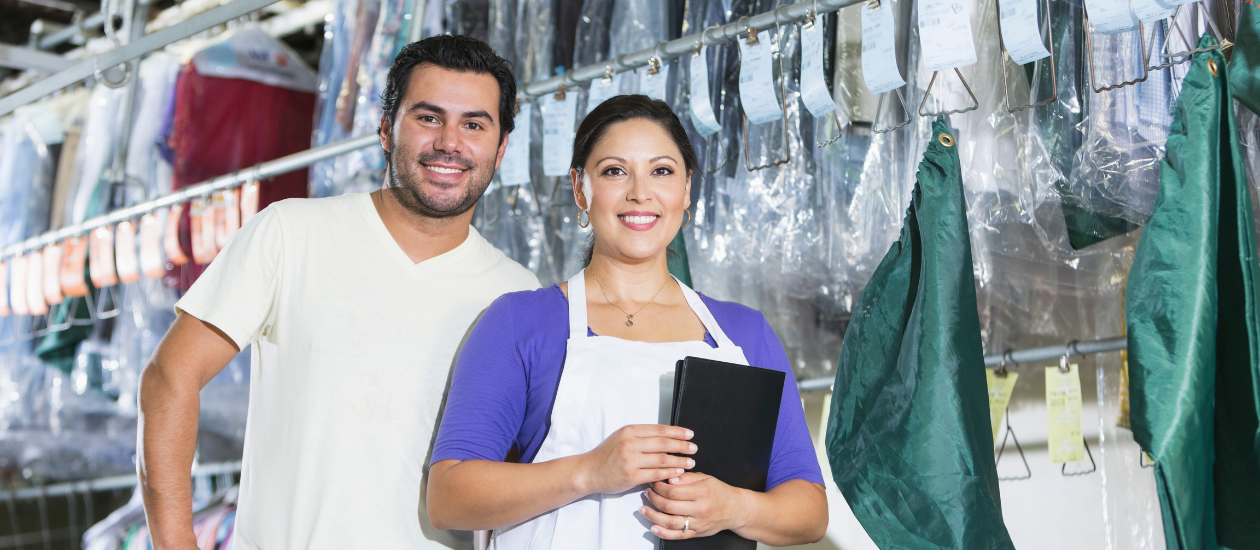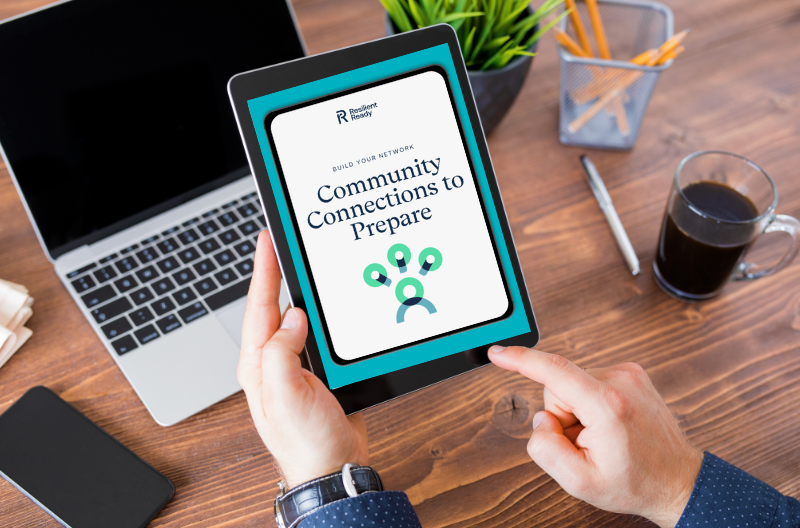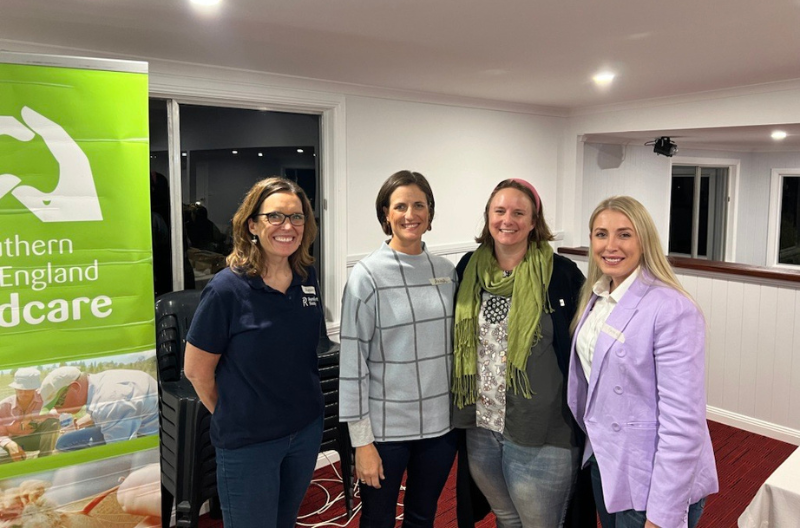
Small business owners are going above and beyond when it comes to helping their families and communities, according to the latest Small Business Matters June 2023 report.
Almost 98 per cent of all businesses are small businesses, with 2,506,012 small businesses operating in Australia in June 2022 and generating $500 billion of economic activity.
Small businesses also provide jobs for more than 5.1 million people and employ 42 per cent of all apprentices and trainees in training – nearly double the amount employed by big businesses.
Of the 98 per cent, 19 per cent of small business owners undertake volunteer work for an organisation or group compared to 14 per cent of the wider community aged 15 and over.
This should come as no surprise for anyone familiar with the research and insights into disaster recovery, which clearly show that businesses, clubs, schools, and churches are critical community networks that form the foundation of recovering communities.
The number of people volunteering in Australia has dropped by almost two million since before the Covid-19 pandemic. As organisations struggle to find people willing to give up their time to help out within the local community, it’s important to reflect on the critical role volunteering can play in building resilience.
Volunteering Australia’s report into Volunteering and Australia’s Crisis Resilience (May 2022) identified the critical role played by volunteers in ‘crisis resilience’ – the capacity of communities to undertake prevention, preparedness, response, and recovery activities in relation to any major crisis, such as natural disasters, public health crises, and environmental emergencies.
Significant volunteer contributions include:
- Response and recovery during natural disasters.
- Essential service provision, including food relief, the delivery of essential goods, and social connection.
- Supporting the response to public health crises (for example, assisting at vaccination clinics during the COVID-19 pandemic).
- Mental health support.
- Suicide prevention and crisis intervention.
- Environment and wildlife protection.
Disaster recovery expert Professor Daniel Aldrich’s research has found that connected communities are more resilient and have a higher capacity to withstand and recover from major emergencies.
This building of social capital – the networks of relationships of people living and working in a community – is done through connecting with people within social groups, between social groups and with governmental bodies.
Small businesses are critical connectors in communities. And they will continue to play a key role in supporting established volunteer networks as well as leveraging their own business networks to support each other and their local communities by providing essential services, ongoing employment, understanding and identifying local needs and offering physical places to congregate and connect following a disaster.
Resilient Ready is a social enterprise delivering innovative solutions to enable every organisation to thrive before, during and after disasters. To keep updated on news and current projects, sign up to our newsletter.



